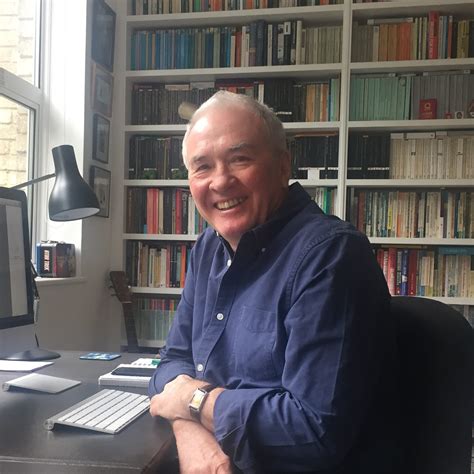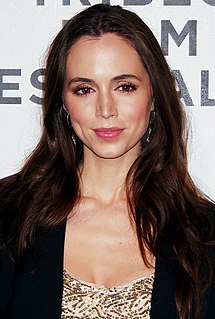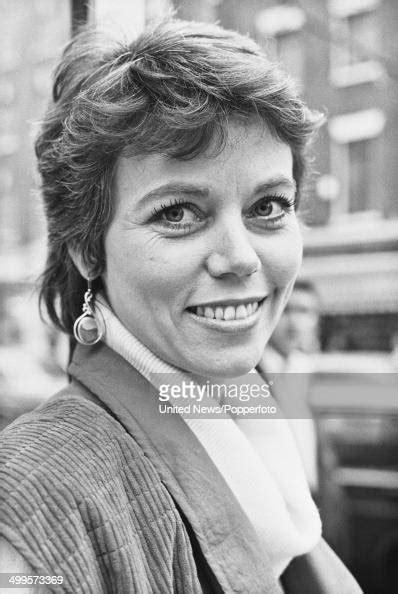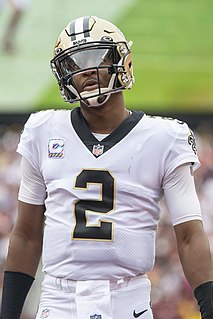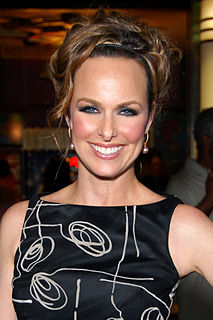A Quote by Tony Bradman
My parents were of the generation that lived through the Second World War, but I grew up listening to my mother recounting her dad's tales about his terrible experiences during the Gallipoli campaign in 1915 and later on the Western Front.
Related Quotes
I grew up listening to my grandfather's stories of our musical past. He would often talk about the orchestras that played at concerts and the musicians who played on Sunday evenings on street corners. By the time I grew up in the '80s, all of this was a thing of the past. I lived vicariously through his stories and often wondered what it would have felt like to have been part of his generation.
It became obvious to me that the generation who changed the world were my parents' generation, and not only in terms of the Second World War, but if you look at all the social legislation of the '60s - abortion, homosexual law reform, equal pay - it wasn't done by my generation; it was done by people who were adults.
My dad was a scientist. More than that: my dad grew up in a tiny terraced house in Swansea, the only child of a second-generation immigrant family - his father sold cloth, zips and buttons from door to door - and so science - biochemistry at Swansea University, followed by a PhD at Imperial College - was his way out, his way up.
